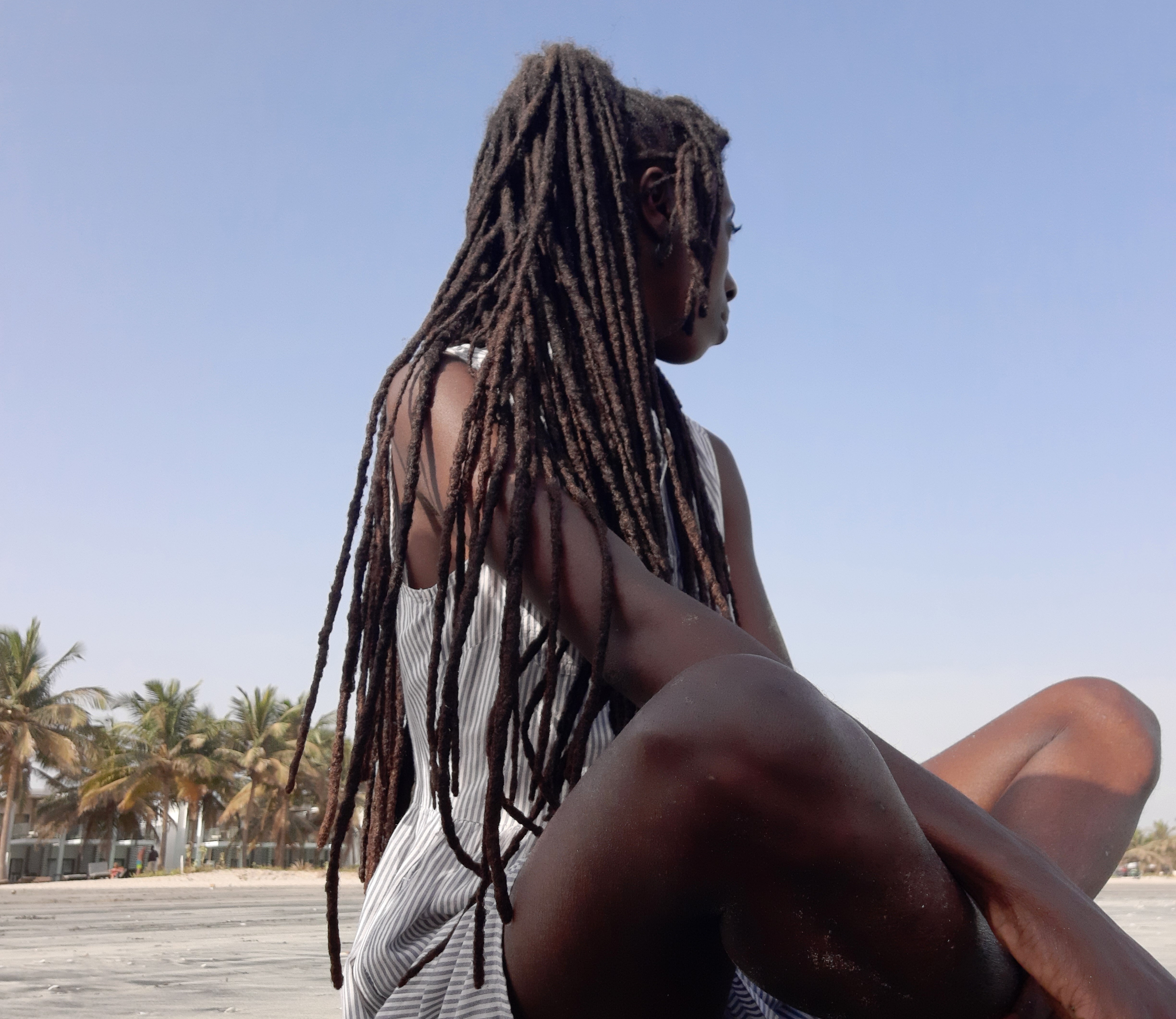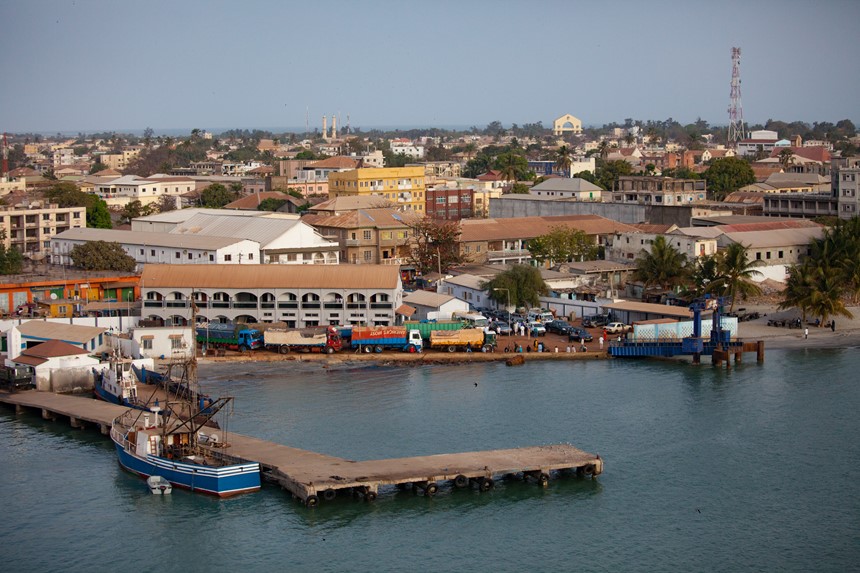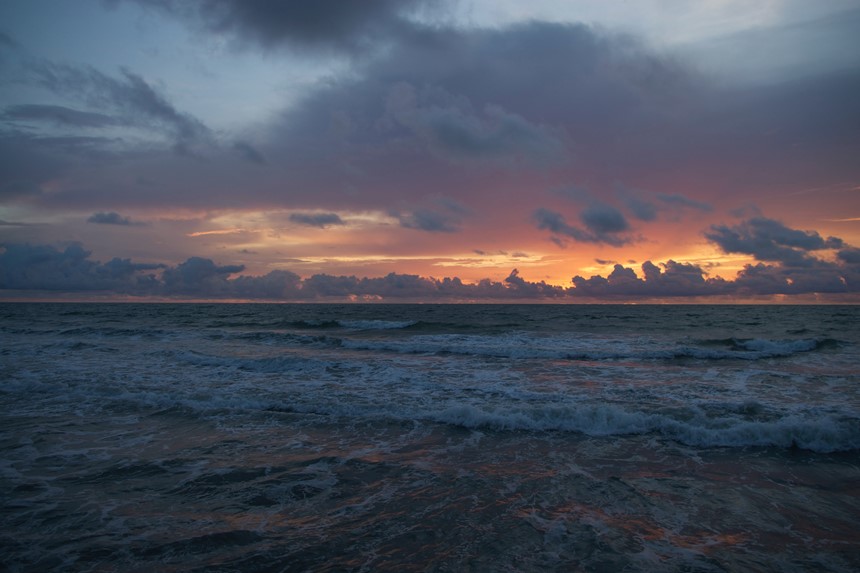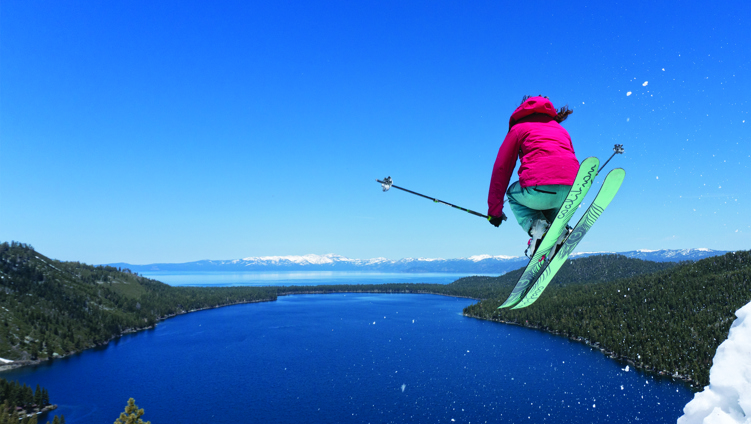"Where are you from?" is a question drivers routinely ask during daily taxi rides - as often as four times a day. My answer changes as frequently. On days I have the energy, I'm precise: "I was born in the UK, my parents are Jamaican - and unfortunately, due to the slave trade, I'm not sure where in Africa I'm from."
Too much? Maybe. Other days I offer simple answers.
Noting my dreadlocks, most enjoy probing my Jamaican heritage. "Sister, I have to say, I love Jamaican music, even more than Gambian! I cannot tell you anything else!" one driver confessed, briefly lowering the reggae that was playing. "You see my hair, like yours?" he asked. "We are brother and sister.”
Four weeks into my trip, a Black British friend debated with a Gambian about who had it worse on the colonial front: the descendants of those enslaved or the descendants of those who remained in Africa and were colonised. Eventually I sat, quiet, as my attempts to mediate were met with resistance from both parties.
Later that day, she argued with a driver who flippantly referred to us as "Toubabs" - a borderline derogatory term used to describe White or Western foreigners. I shared her frustration this time. In those moments, I was reminded that despite the locals who did welcome us as 'fellow Africans', we'd never have a fixed cultural or political identity. It is the diasporan's curse. One I imagine we've been tasked to break by discovering our place outside of man-made identity constructs. Perhaps strengthening our mutual connection to the environment, in lieu of our place within a tribe.
Weeks later we sat at Gambia's Stone Circle. Our guide, Stone Man, highlighted our connection to nature: we aren’t destroying the planet, any more than we are destroying ourselves. That is surely the case for humanity too; deeply connected, an attack on 'the other' must be a form of self harm.










